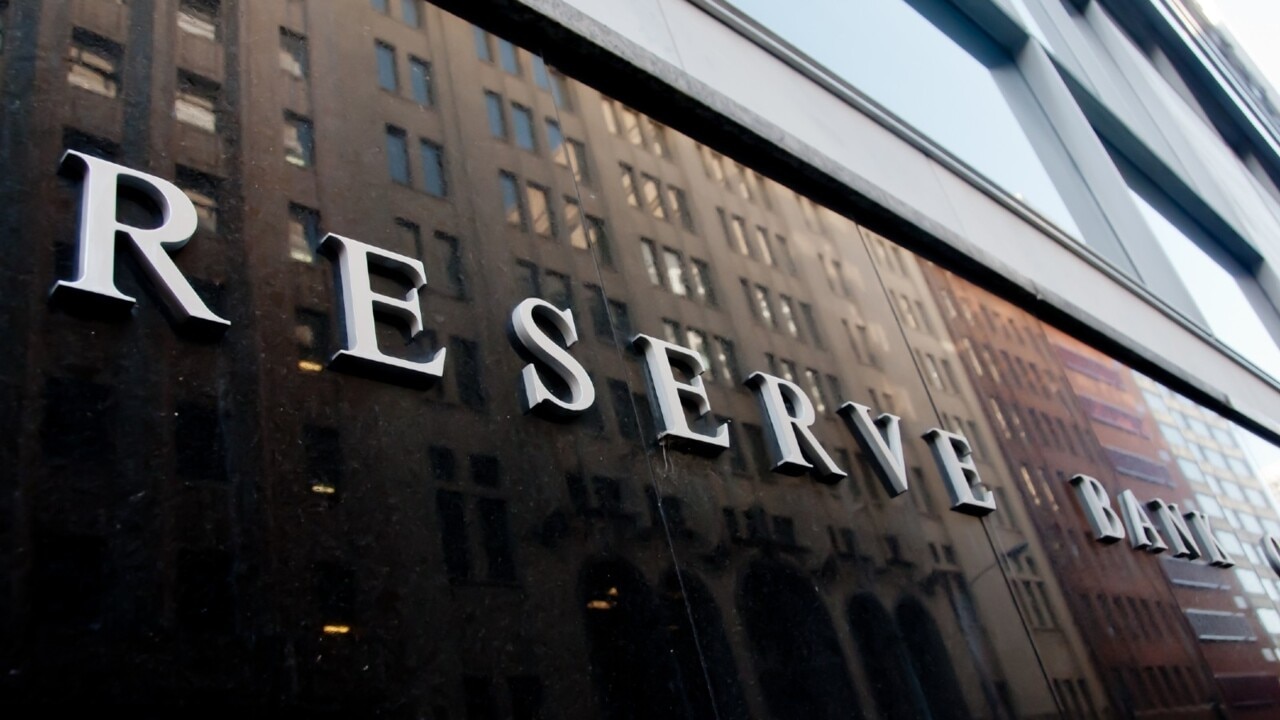House prices at risk of one third drop if wage price spiral takes hold: Citi
A wages breakout could prompt the Reserve Bank to clamp down on inflation, with home prices to be hit if unemployment jumps, investment bank Citi warns.

House prices across the nation could plunge by 23 per cent if interest rates peak early next year, but they could fall further if a wage price spiral takes hold, investment bank Citi has warned.
The bank’s economists have flagged that more housing pain is to come as property prices have only fallen by 6.5 per cent from the peak, and it forecasts another full year decline in the wake of the Reserve Bank’s latest rate hikes.
The potential for a wages breakout, followed by a clamp down to bring inflation under control, could also lead to a situation where interest rates soar and unemployment jumps, which the bank said could force house prices down by a third.
This bank said this was a “downside scenario” and a more positive turn of events could see economic growth hold up until next year and prices only dip by about 15 per cent, with falls to end by the middle of next year.

The bank forecast blamed the Reserve Bank embarking on its “most aggressive tightening cycle in decades” for its harsher forecast peak to trough house price fall of 23 per cent.
The bank said that property price falls had spread to all capital cities in Australia but the drops remain “orderly”. It had expected falls of around 15 per cent, with Sydney and Melbourne to be worst hit with drops of 15 per cent to 20 per cent, and other capitals to fall by 5 per cent and 10 per cent.
But that was based on lower interest rates and financial conditions have already tightened, prompting expectations of a deeper slump.
Citi still expects Sydney and Melbourne to lead price falls but now predicts more widespread pain in other cities, while the two major capitals will be boosted by migration and possibly more investment stimulated by the rental crisis.
However, the bank warned that house prices could plunge if interest rates were dramatically hiked, prompting a substantial pick-up in unemployment, which would increase the risk of “systemic issues” in the housing market.
Citi is expecting a “soft landing” but in its darker scenario warned that if a wage price spiral emerged, Australia would fall into a recession as the central bank clamped down on inflation, hurting stretched sectors like construction and driving up bankruptcies.
“The rise in unemployment and higher interest rates cause a more disorderly correction in house prices, with a peak-to-trough in house prices of around 33 per cent by the fourth quarter of 2023,” Citi said.
Share market investors are already predicting large home price falls and expect the fallout will hit the broader economy.
Investment management firm T.Rowe’s head of Australian equities and portfolio manager, Randal Jenneke is expecting bust and believes that the correction would likely erase all house price gains seen during the Covid period.
“This would equate to the largest peak-to-trough decline on record, vastly eclipsing the previous correction of 10.2 per cent in 2017,” he said.
Until the Reserve Bank not only stops rate hikes but shifts into reverse and starts to cut, price falls would continue, based on past cycles, Mr Jenneke said. He said this was a “high hurdle” given the board’s determination to bring inflation back to a more tolerable band.
“Indeed the RBA has modelled its own expectation of housing price falls and seems comfortable with a 20 per cent decline over two years,” he said. “When was the last time our central bank was unperturbed by such a level of house price decline? As we know asset price declines are unpredictable and aren’t easy to control (both up and down).”
Fixed rate mortgages grew from 15 per cent pre-Covid to 46 per cent of new lending at its peak, with an estimated 50 per cent of current residential mortgage loans on banks’ balance sheets written over Covid.
Mr Jenneke said loans written during Covid were at attractive fixed rates, meaning a large portion of borrowers are yet to feel the full effect of the hikes, as the transition to variable rates kicks in next year.
“[These] risks associated with writing housing loans, in one of the biggest housing booms and lowest unemployment period in decades, will be evident in coming years,” he said.
But some analysts believe the market could see some reprieve.
PropTrack’s senior economist Eleanor Creagh said outside of the housing market, the economy had entered a tightening cycle with strong momentum.
“Although consumer confidence has fallen, the labour market remains tight, the unemployment rate is at a 48-year low, spending is yet to slow, and business conditions remain strong,” she said.
However, Ms Creagh said “the tight labour market, along with advance repayments and savings and wealth buffers, reduces arrears risks, but still the outlook for discretionary spending has shifted and a slowdown in spending seems inevitable”.
Housing finance approvals fell sharply in September, with an 8.2 per cent drop in the total value of new loans outstripping expectations of a 2-3 per cent decline. Approvals are now 26.2 per cent below their peak at the start of the year but are still well above their pre-Covid levels and previous peaks in 2017.
Westpac senior economist Matthew Hassan said that more recent updates on turnover and prices showed that nominal transaction activity stabilised somewhat in recent months, which suggested finance approvals do the same. “That said, the continued rise in interest rates suggests there will be no let-up to the correction phase for markets and finance activity,” he added.





To join the conversation, please log in. Don't have an account? Register
Join the conversation, you are commenting as Logout